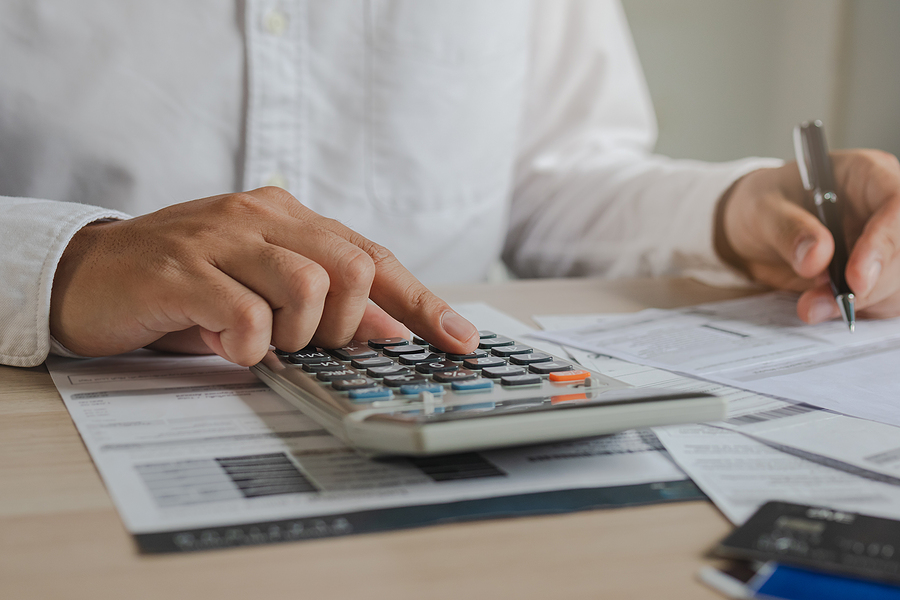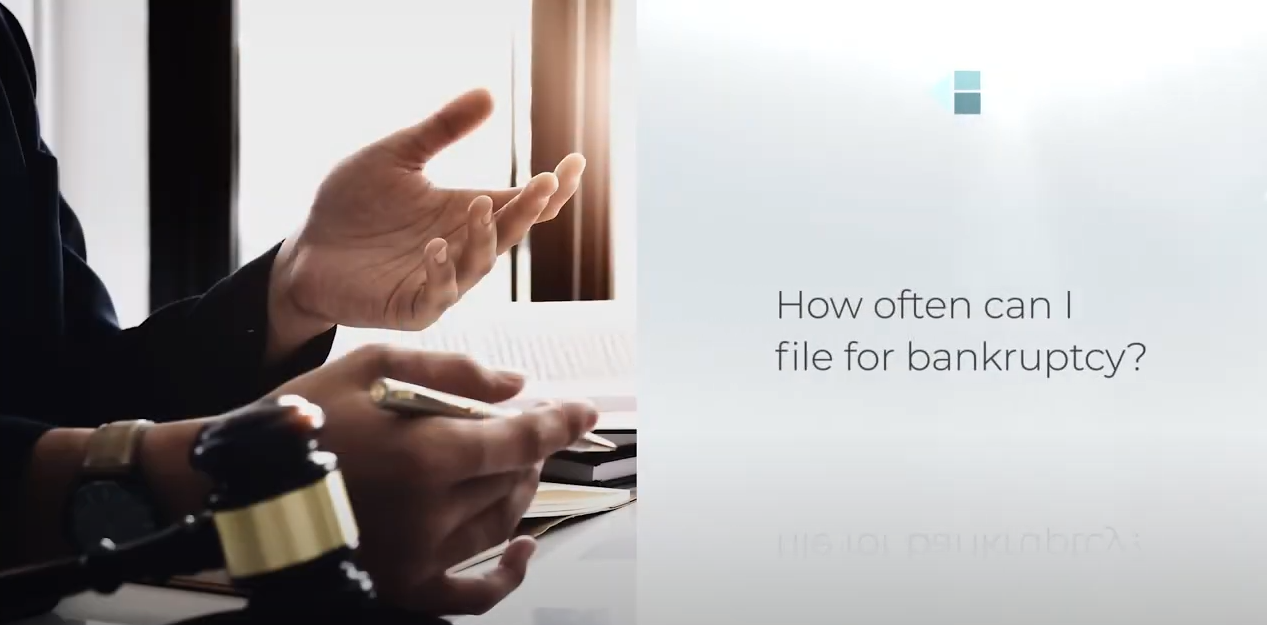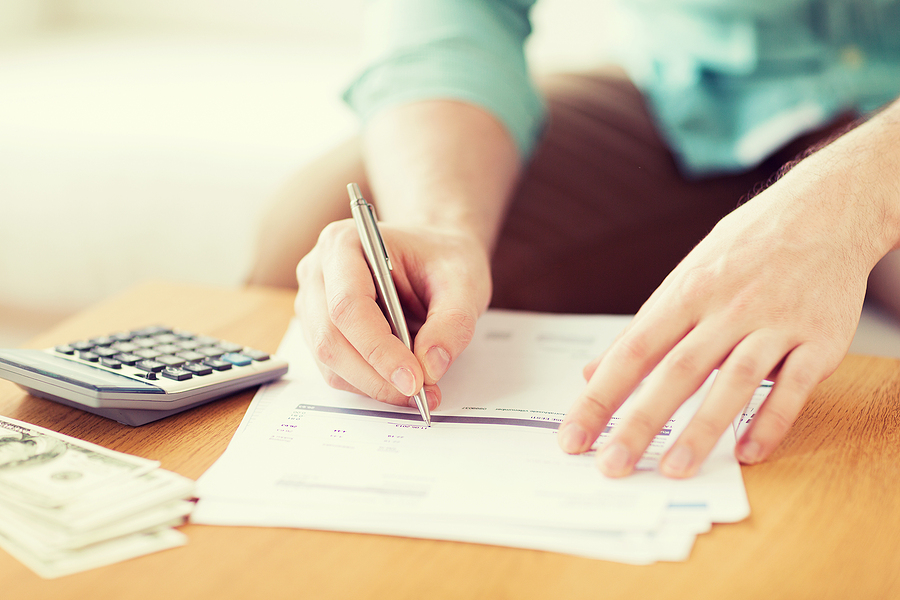When your financial situation becomes unmanageable because of overwhelming debt, bankruptcy may be an option to consider. A part of the bankruptcy process is the discharge of a debt, which means the debt is no longer required to be paid off. But what exactly does the discharge of debt mean? Let’s take a closer look at what the discharge of debt entails, its benefits, and its limitations.
What is a Bankruptcy Discharge?
A bankruptcy discharge is a court order that relieves the debtor from the obligation of paying certain types of debt. When a debtor files for bankruptcy, the bankruptcy process aims to protect the debtor and fairly repay the creditors. Unsecured debts, such as credit card debt, medical bills, and personal loans, are typically discharged in bankruptcy. However, certain types of debt, such as student loans and taxes, are generally not dischargeable.
Which Debts Get Discharged in Bankruptcy?
When a debtor files for bankruptcy, it can lead to a discharge of certain debts through the use of the bankruptcy code. The types of debt that can be discharged in bankruptcy depend on the type of bankruptcy filing chosen by the debtor. Chapter 7 discharge, for instance, can often discharge unsecured debt like credit card debt, medical bills, and personal loans. Debts related to child support, alimony, and taxes are typically not dischargeable. In a chapter 13 bankruptcy filing, a debtor may be able to restructure their debt and create a payment plan that can help them pay off some or all of their obligations.
Can Bankruptcy Discharge Be Denied?
There are situations where a bankruptcy discharge can be denied to a debtor. Creditors or trustees can object to the discharge if they believe the debtor has committed fraud, concealed property, or failed to adhere to the bankruptcy process. Violation of a court order may also lead to denial of a discharge. The bankruptcy trustee may investigate the debtor’s debts, assets, and financial transactions to determine if any fraudulent activity has occurred. If the trustee finds that the debtor has acted fraudulently or violated a court order, they may file a motion to deny the discharge.
How Long Does It Take to Get a Bankruptcy Discharge?
The length of time it takes to get a bankruptcy discharge depends on the type of bankruptcy filed. In a Chapter 7 bankruptcy, debtors can expect to receive a discharge in approximately four to six months from the date of the bankruptcy petition filing. In a Chapter 13 bankruptcy, the discharge typically occurs after completing the repayment plan, which can take three to five years. In Chapter 11, which is typically used by businesses, the discharge timing is dependent on the court’s approval of the reorganization plan. The bankruptcy trustee must review the case and file any necessary objections before the court can approve the discharge.
What Happens After a Bankruptcy Discharge?
Upon the completion of a bankruptcy case, the debtor may receive a discharge order indicating that their debts have been eliminated or discharged. The discharge order is a final order of discharge from the bankruptcy court, and the debtor is no longer liable for any debts discharged in the bankruptcy case. Creditors involved in the case are prohibited from pursuing or collecting payment from the debtor for any discharged debts.
The debtor’s bankruptcy attorney plays a crucial role in this process, ensuring that all required documentation is submitted to the court in a timely manner. After receiving a discharge, the debtor has the opportunity to start anew with a fresh financial slate, although it is important to note that certain debts, such as student loans or tax debts, may not be dischargeable.
Schedule a Consultation With a Minnesota Bankruptcy Lawyer
If you are struggling with debt and are considering filing for bankruptcy, it’s important to seek out the guidance of a qualified Minnesota bankruptcy lawyer. At Kain + Henehan, our experienced bankruptcy lawyers can help you understand the complexities of bankruptcy law and determine which type of bankruptcy is right for your unique situation.
Contact Kain + Henehan by calling (612) 438-8006 or filling out the online form. We work tirelessly to help our clients achieve a discharge of their debts and get a fresh start. Schedule a free consultation to learn more about how we can help you.






